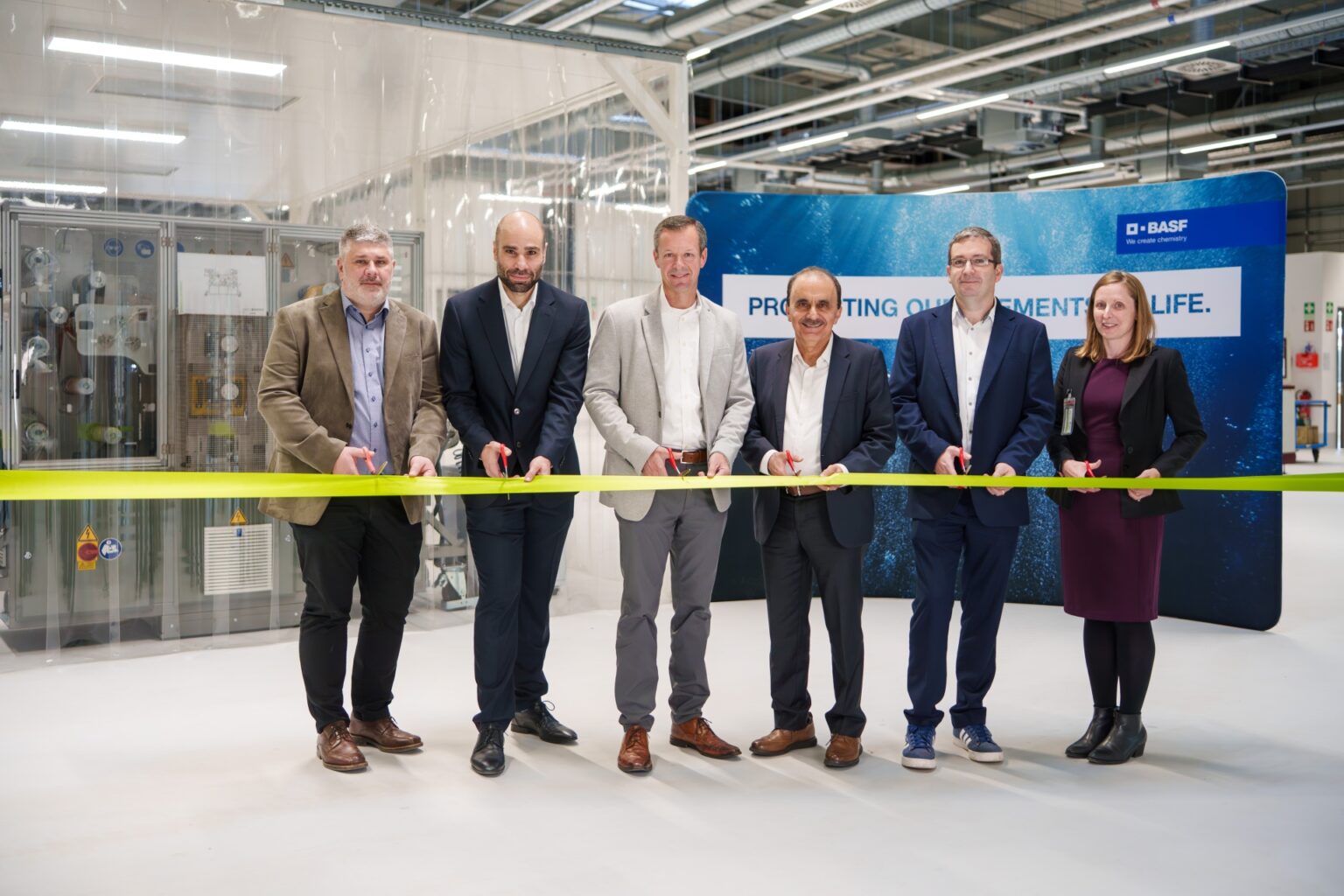Germany’s hydrogen value chain gained new industrial momentum as BASF Environmental Catalyst and Metal Solutions (ECMS) inaugurated a production facility in Budenheim, near Frankfurt.
The site, developed with Trigona Fuel Cell Components GmbH and Grundstücksverwaltung Rheinufer GmbH & Co. KG, marks a strategic expansion of ECMS’s role in the global green hydrogen and fuel cell market.
The new plant is dedicated to the production of low-platinum-group-metal (PGM) catalyst coated membranes (CCMs), a core component in proton exchange membrane (PEM) electrolysis and fuel cell systems. Designed with gigawatt-scale capacity, the facility will supply global demand for PEM electrolyzers—critical to scaling green hydrogen generation as renewable power penetration deepens across major energy markets.
ECMS’s Budenheim investment underscores a shift toward circularity and material efficiency in the hydrogen sector, addressing one of the industry’s most persistent cost challenges: reliance on precious metals. By reducing PGM content while maintaining high catalytic performance, the company aims to improve both economic and environmental sustainability across the PEM value chain.
The plant’s location within Germany’s Rhein-Main Metropolitan area situates it strategically close to Europe’s key hydrogen infrastructure and research ecosystem, supporting the continent’s broader goal of achieving 40 GW of electrolyzer capacity by 2030. ECMS’s integrated approach—spanning materials development, catalyst manufacturing, and recycling—aligns with EU policy priorities for reducing supply chain dependencies while promoting resource efficiency.
Stay updated on the latest in energy! Follow us on LinkedIn, Facebook, and X for real-time news and insights. Don’t miss out on exclusive interviews and webinars—subscribe to our YouTube channel today! Join our community and be part of the conversation shaping the future of energy.





